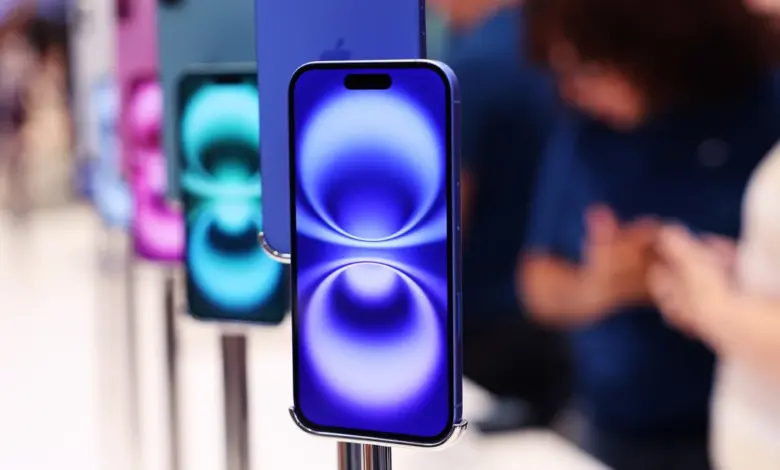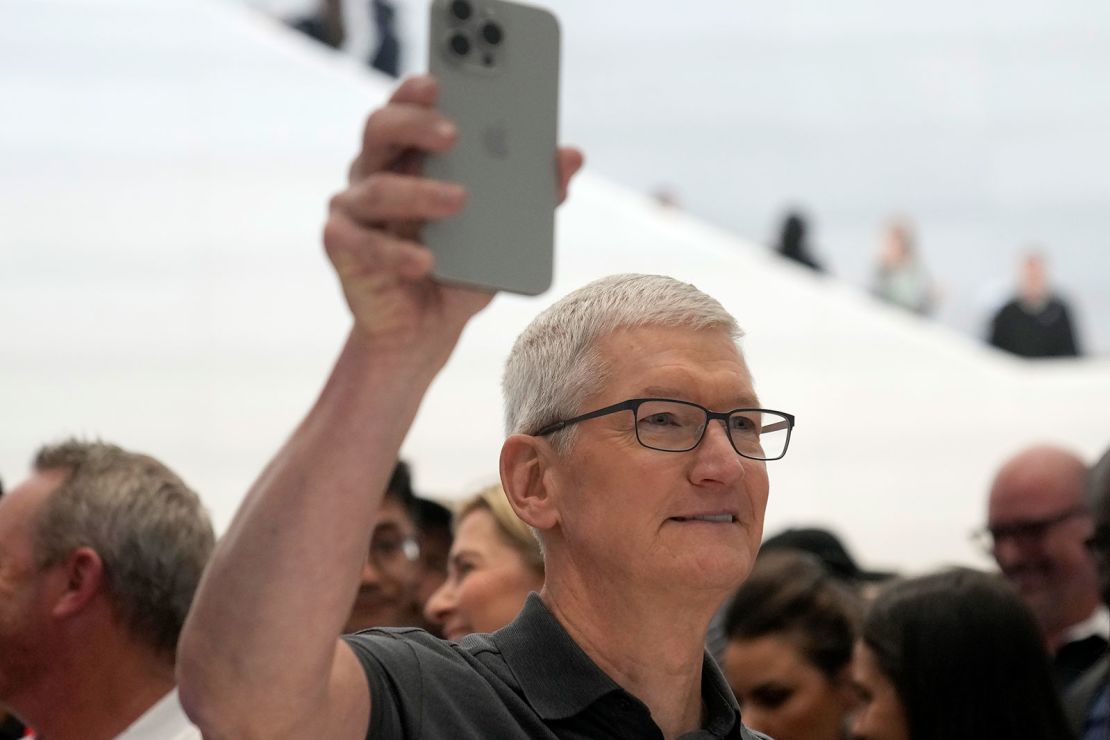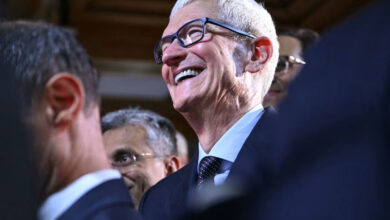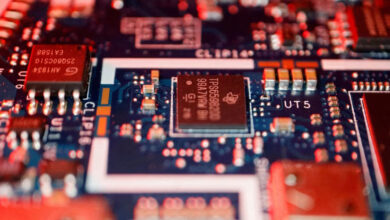
The newest iPhones might come with a more expensive price tag this fall — even if the sticker price doesn’t change.
Some analysts expect Apple to raise iPhone prices for its new lineup because of President Donald Trump’s tariffs. And the company is considering as much, according to a Wall Street Journal report Monday.
That could result in a rare price increase for Apple’s most important product.
But hiking prices because of tariffs risks drawing Trump’s ire — something at least one other tech company has already learned the hard way. So, Apple may try to link those higher prices to new AI features or fresh hardware, or charge extra for additions like increased storage instead of raising the amount consumers will see on the price tag, analysts say.
Apple is also expected to release a slimmer new version of the iPhone this year, a move that could give it a chance to adjust how it prices its full line-up of devices. At the same time, the barrier to entry for a new iPhone is higher than ever now that Apple has replaced the budget iPhone SE with the pricier iPhone 16e.
“When we say price increases, we don’t mean like-for-like pricing increases necessarily. We don’t necessarily mean that iPhone 17 will be more expensive than the equivalent iPhone 16,” said Gil Luria, head of technology research at investment group D.A. Davidson. “There’s several ways Apple can increase prices.”
Apple did not respond to a request for comment. The company has publicly commented on whether it could adjust pricing of its products because of tariffs.
Adjusting for tariffs
Tariffs have put Apple in a tricky position. Although it’s been working to shift its supply chain to other areas like India and Vietnam, it still produces most iPhones in China. Steep tariffs on the country mean Apple either must raise prices or eat the cost of the import duties, lessening its margins. Apple CEO Tim Cook has already said he expects tariffs to cost Apple $900 million in the second quarter of 2025 alone, although he said the company plans to ship the majority of US iPhones from India.
Smartphones are currently exempt from reciprocal tariffs, and the Trump administration on Monday announced a temporary trade agreement with China that will roll back tariff rates for 90 days. Those factors should ease the financial risk to Apple and other big tech companies, at least temporarily. But it won’t remove the tariff costs entirely, and much uncertainty remains about the future of the White House’s trade policy.
Ahead of Monday’s deal, Daniel Morgan, senior portfolio manager at investment firm Synovus, had estimated that Apple would have to raise device prices by about 30% if it wanted to fully offset the impact of tariffs on its earnings. A 30% increase would mean the base iPhone 17 model costing more than $1,000, compared to the $799 starting price for the iPhone 16.

Despite the latest agreement between the US and China, “the time has come for a price increase possibly in the cards,” Wedbush analyst Dan Ives said Monday.
But Cook has been working to curry favor with Trump, including by attending the inauguration and announcing a $500 billion investment to expand Apple’s US facilities that the president claimed as a political win.
“It is somewhat political because if they do come out and do an across-the-board increase, then the headline news is ‘tariffs cost passed onto customers’ and that pisses people off,” Morgan said.
Hiking prices without the sticker shock
Instead, Apple could pin any price increases on other factors, such as new AI features or hardware.
However, Apple has already made the AI pitch once. The company launched its AI features, dubbed Apple Intelligence, in October, weeks after the iPhone 16’s debut. The revamped version of Siri, which was announced last year, has been delayed.
“The question will be: Will people perceive enough value in that to pay up?” Morgan said.
Apple is indeed considering tying a potential price increase to those kinds of upgrades, even if tariffs are a contributing factor, according to the Journal’s report.
The company is also rumored to be preparing to release a new, thinner version of the iPhone, possibly called the iPhone 17 Air, according to reports from Bloomberg and TFI Securities. That model will likely be positioned as a premium device, similar to the recently announced Samsung Galaxy S25 Edge, giving Apple an opportunity to shake up its pricing across the full lineup.
In February, Apple launched its first cellular modem in the iPhone 16e, another hardware change that could give it an excuse to adjust pricing in future models.
“Consumers would likely feel better about paying more for a thinner phone, or design and format changes, rather than feeling like a sucker trapped in the middle of a trade war,” said Mike Bailey, director of research at wealth management company FBB Capital Partners.
Luria added that there are also other ways Apple can charge more that are “less noticeable,” such as providing less free storage and charging more to upgrade.
“It’s not that consumers won’t notice it at all, but it doesn’t change the list price,” he said. “I would venture to guess that that’s more of the type of change that Apple is looking into.”
If Apple does raise iPhone prices, it may have to do so at the expense of fewer upgrades. The company has been facing sluggish iPhone sales in recent years as consumers go longer between upgrades, although revenue from the devices ticked up 1.9% year-over-year in the first quarter of 2025.
“That’s that is always the tradeoff when you raise prices is to make sure that it’s not at the expense of volume,” Luria said.




